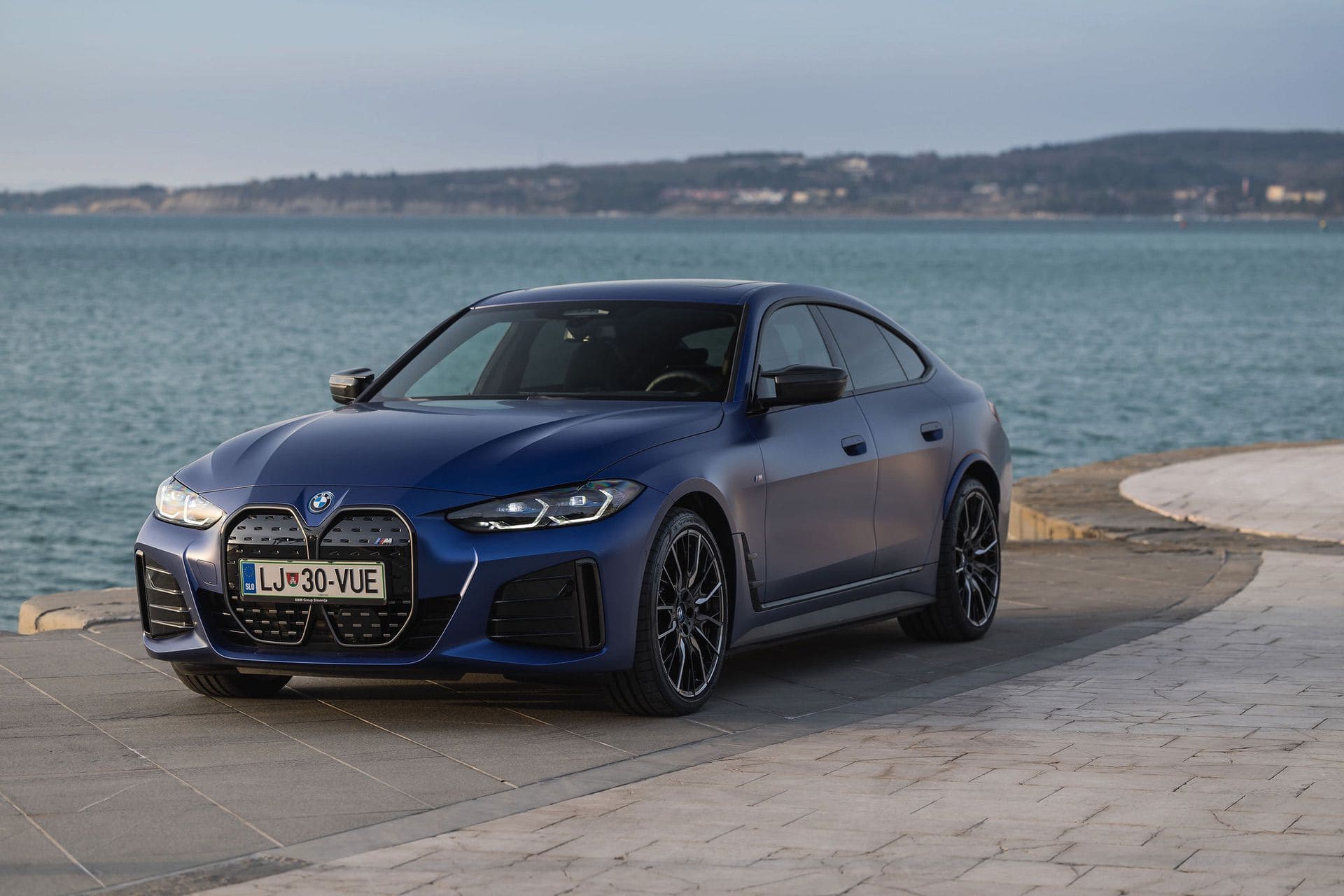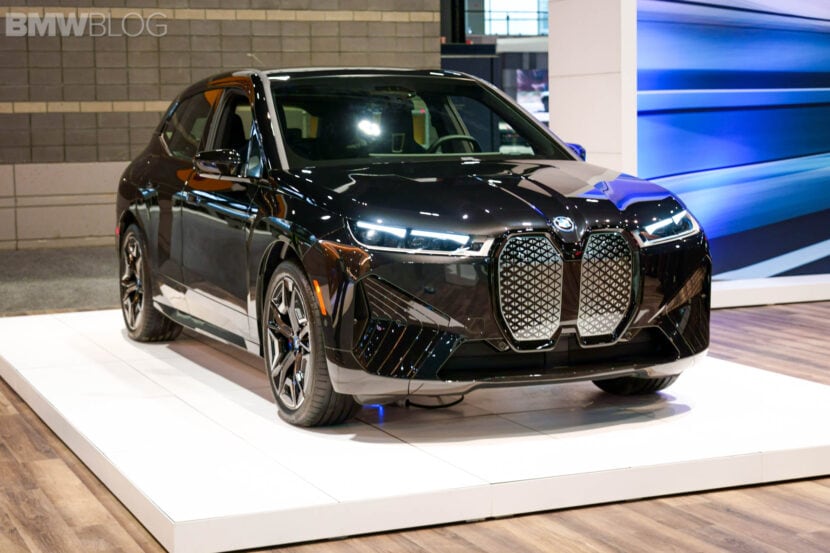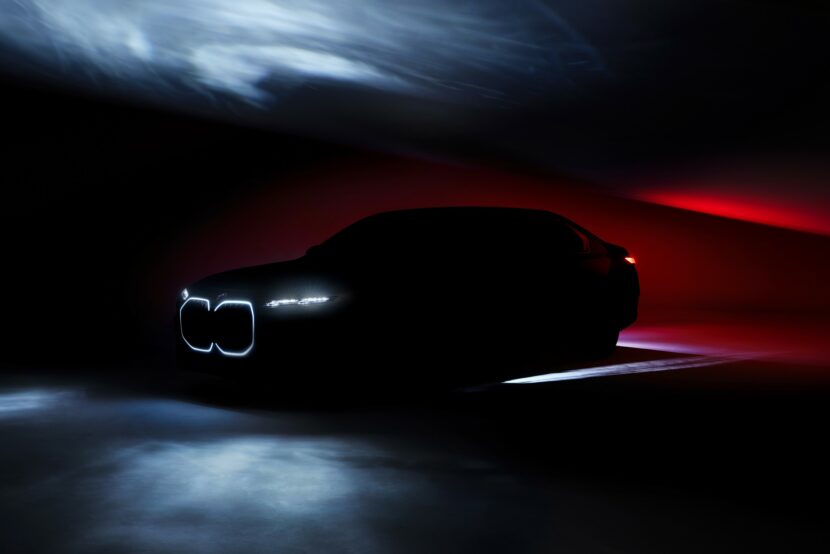Cars are becoming more complex from a software perspective, but as we transition to EVs, hardware will become simpler. That’s because removing the combustion engine and all the rest of the oily bits reduces the number of parts. While some are concerned the inevitable sales ban on new combustion cars will generate mass unemployment, BMW assures its employees that won’t be the case for the conglomerate.
Speaking with Financial Times, the automaker’s CEO Oliver Zipse pledged to retain every single worker. How is that possible? By giving current employees the opportunity to extend their qualifications and adapt to EV production. In other words, the workforce is being trained in the transition from combustion to purely electric cars.
“We will not have job losses due to the transformation. At the end of the day, possibly already in this decade at our Munich plant, there will be fully electric production without anyone losing their job.”
To ensure a smooth transition at its factories, BMW is producing ICEs and EVs under the same roof. Other companies have taken a different approach by erecting new assembly plants specifically for zero-emissions cars. At the same time, some have converted existing facilities to exclusively produce electric vehicles. At the German luxury marque, gasoline/diesel models are produced by the same employees on the same assembly lines as the hybrids and EVs.
Safeguarding Jobs By Training Employees
BMW’s head honcho is confident that by offering employees the possibility to learn new skills, they’ll adapt to the new situation:
“You have to talk to the people and explain to them how their job will change in the next five years. And when they are given a perspective, they will follow. So I think that is a manageable task.”
Unlike other brands that have already signaled the combustion engine’s demise, BMW believes it still has a future. The two main reasons are related to the premium an EV commands, extra costs that not all people can afford. In addition, the charging infrastructure is still not ready in many parts of the world.
When the 7 Series G70 debuts tomorrow, it’s going to have a new family of gasoline and diesel engines, along with a plug-in hybrid and the electric i7. By 2030, the BMW Group expects 50% of sales to be EVs and the other half ICEs. In 2030, Rolls-Royce will bid adieu to the V12 while MINI will go EV-only early in the next decade.
Unlike Audi, which will end ICE sales by 2033, BMW hasn’t set a cut-off date for conventionally powered cars. It might be forced to do so, at least in Europe, provided the European Commission’s ICE sales ban will be voted favorably. If that happens, no car manufacturer will be able to sell a passenger vehicle with a gasoline/diesel engine from 2035. That would have serious repercussions on a global scale, accelerating the switch to EVs.
BMW’s employees mustn’t worry about the transition, according to Oliver Zipse. Jobs are being safeguarded by giving workers the skills to make electric cars.
Source: Financial Times







































































